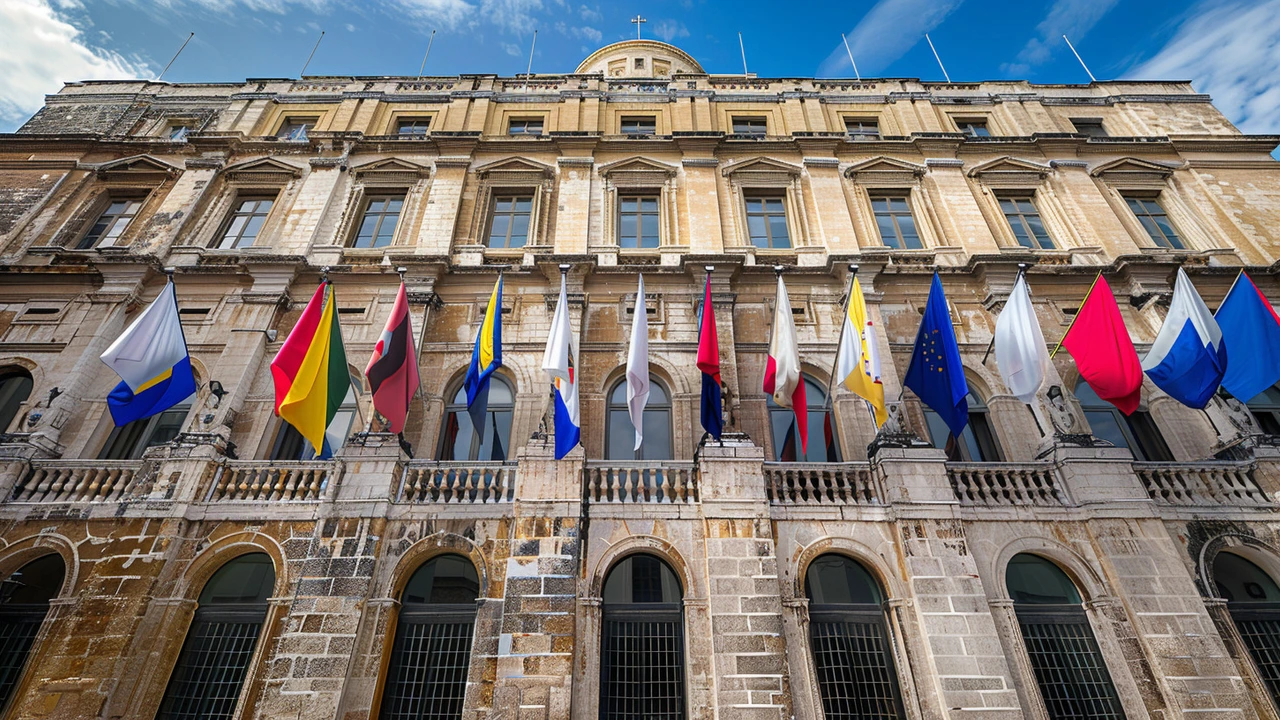What Are Russian Assets and Why They Matter Now
When you hear 'Russian assets,' it usually refers to properties, investments, bank accounts, or capital owned by individuals, companies, or the state linked to Russia. These assets can be anywhere worldwide — in banks, real estate, stocks, or other financial instruments. Right now, they’re a hot topic because many countries have imposed sanctions aiming to freeze or seize those assets. Why? To pressure Russia economically amid ongoing geopolitical tensions and conflicts affecting regions like Eastern Europe.
These sanctions essentially block Russian individuals or entities from using their funds abroad. It’s like locking their money in a digital vault so they can’t spend, transfer, or sell it freely. This has big ripple effects, not just for Russia’s economy but also on global markets connected to those assets.
How Sanctions Impact Daily Life and Business
Freezing Russian assets might sound like a distant issue, but it tangibly affects businesses and even everyday people. For example, companies dealing with Russian partners may face payment delays or contract disputes. Banks handling those assets are caught in tight legal webs — they need to carefully check where money comes from and where it goes.
Also, freezing assets isn’t just about money stuck in banks. It hits sectors like energy and agriculture, key parts of many economies. When Russia can’t access funds or sell commodities easily, it disrupts supply chains and prices worldwide, sometimes leading to higher costs for consumers.
What’s Next for Russian Assets?
The situation around Russian assets is very dynamic. Governments keep updating sanction lists, and new legal battles emerge about what to do with frozen assets. One big question is whether these assets will stay locked indefinitely or eventually be used for reconstruction or compensation in conflict zones.
If you follow global news, you’ll notice debates about fairness and legality. Critics say seizing assets can violate property rights, while supporters argue it’s necessary to hold Russia accountable. This push and pull will shape international economic policies in the months ahead.
In a nutshell, Russian assets might seem like a technical financial term, but they’re central to a larger story about power, conflict, and economic control. Whether you’re watching the news or involved in finance, keeping an eye on how this unfolds will give you a clearer picture of the global balance of power today.

G7 Nations Weigh Use of Seized Russian Assets to Support Ukraine
Western diplomats have agreed to use income from confiscated Russian assets to support Ukraine in its conflict with Russia and post-war reconstruction. Disagreements exist between the U.S. and Europe on the distribution method. The G7 summit may see a final deal attempt by President Biden.
